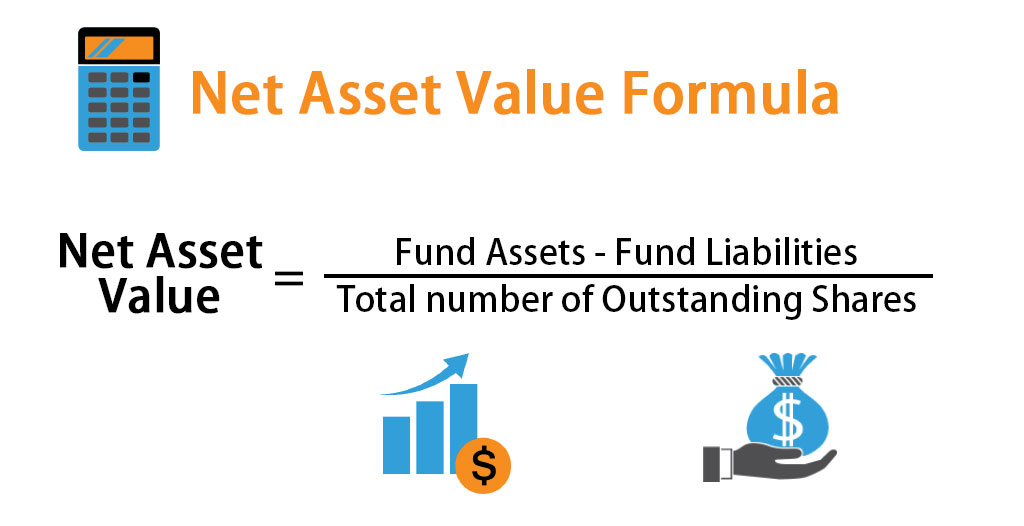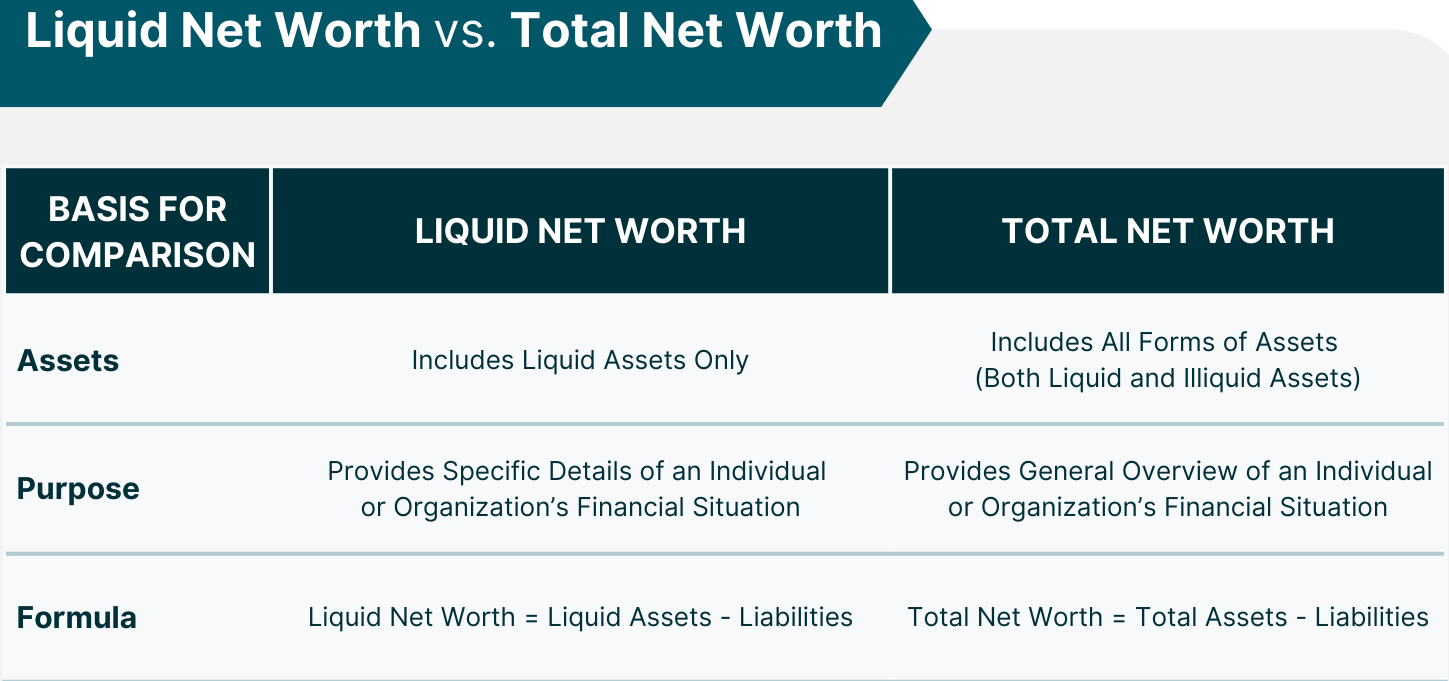Today’s Gold Price
Today’s Gold Price Factors influencing gold prices and how they are determined: 1. Supply and Demand: Gold prices fluctuate in response to the interplay between supply and demand Like any commodity. Increased demand or decreased supply can drive prices higher, and vice versa. 2. Inflation: Gold is frequently regarded as a safeguard against inflation. When… Read More »









